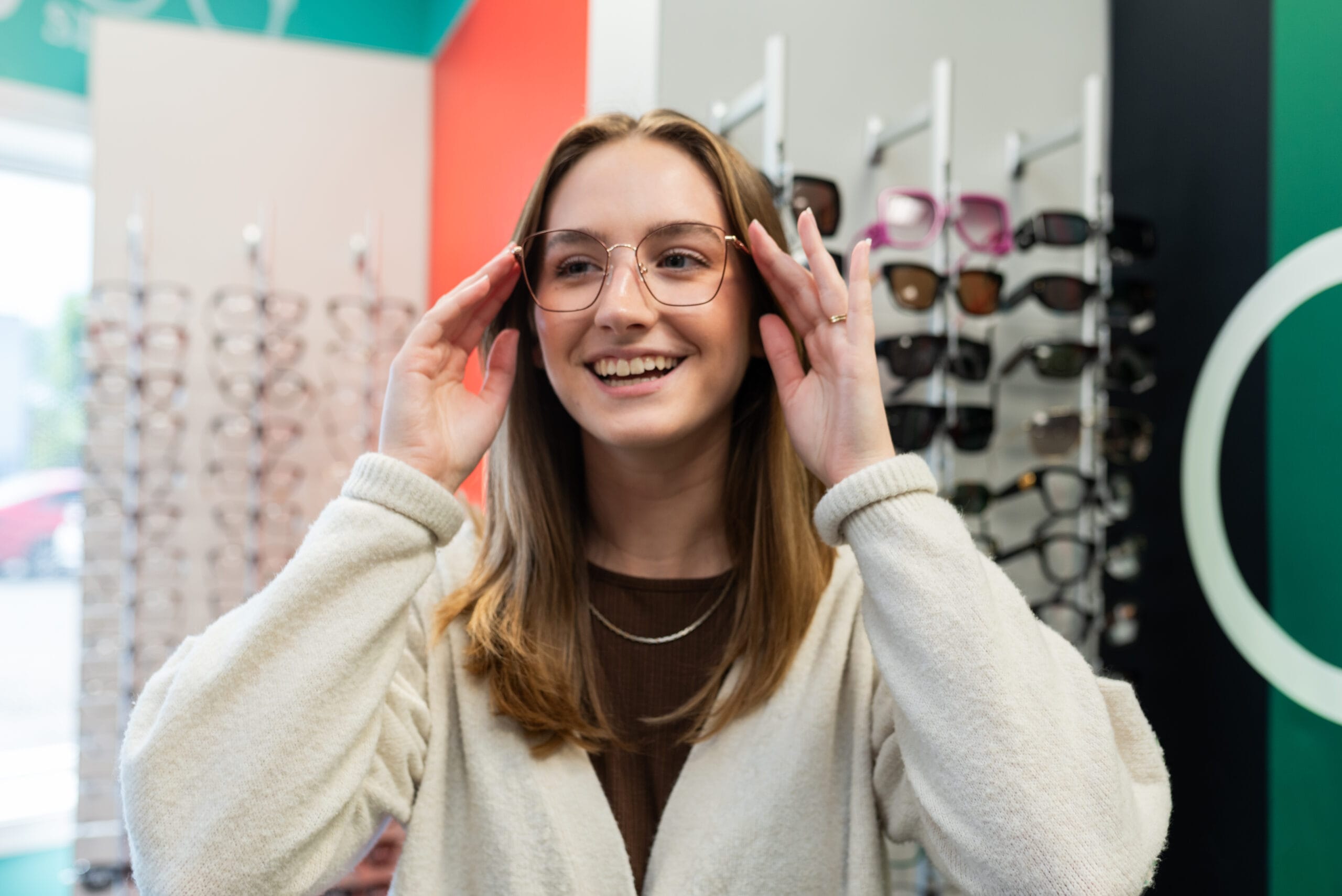Babysitting was my first job. I have babysat for a variety of families some with little infants (who are now in middle school!) and others with multiple siblings ranging from 2-12 years old. Communication was always key when taking care of the children, something I could do with words with the older ones but not as much with the little babies. Baby talk would work but so would eye contact as the eyes of the infant could tell me if they were happy, sad, hungry, tired (eyes closed!)
The eyes help us communicate a lot of things. Recently the American Optometric Association (AOA) released its annual report, the Eye-Q survey, which found that 10% of infants have undetected vision problems. Vision problems can range from lazy eye to cancer. The AOA shared the positive news that more and more infants are born without vision problems but that unfortunately as they age more vision problems begin to occur. Being watchful for these vision problems is important for both parents and caregivers.
Symptoms such as excessive tearing, sensitivity to light, encrusted or red eye lids, turning the eyes constantly and white pupils are seen in infants with vision problems at vision centers around the nation including Indiana eye centers. Indiana eye doctors like those at Dr. Tavel Family Eye Care encourage parents to be vigilant with any vision problems with their infant and if detected to bring them in to be seen by an optometrist. Even if no vision problems seem to exist for the infant, infants should have their first children’s eye exam by an eye care doctor by or around 6 months of age. Infants are not able to use the standard eye chart but the eye care doctor will complete other tests with the eye’s focusing ability to detect if there are indeed vision problems.
This is important news for parents (and babysitters) to be aware of as they care for infants and communicate with their eyes and focus on the eyes of their little one!
